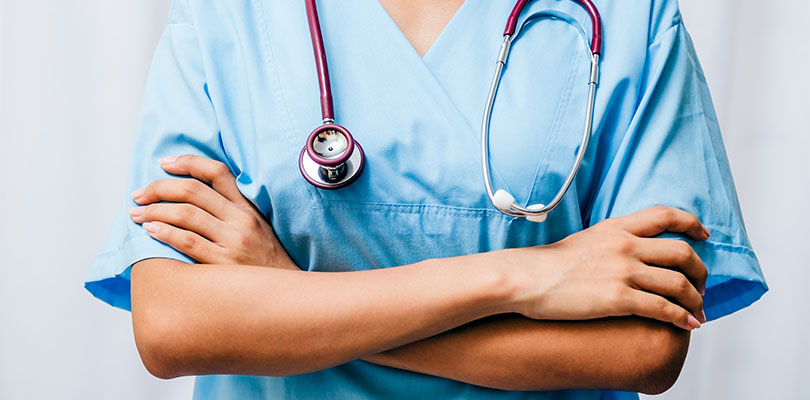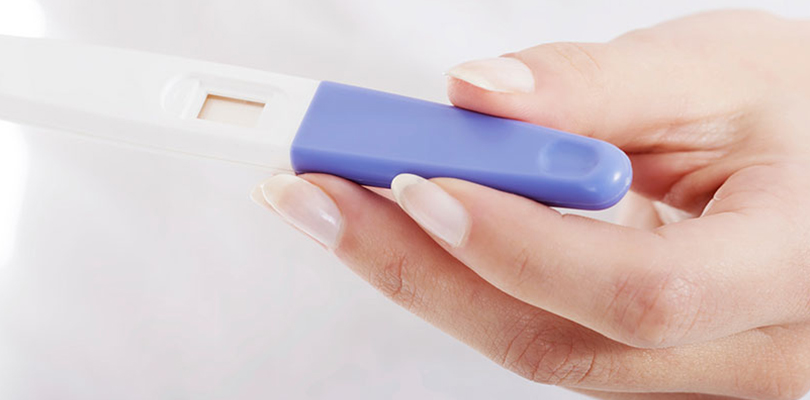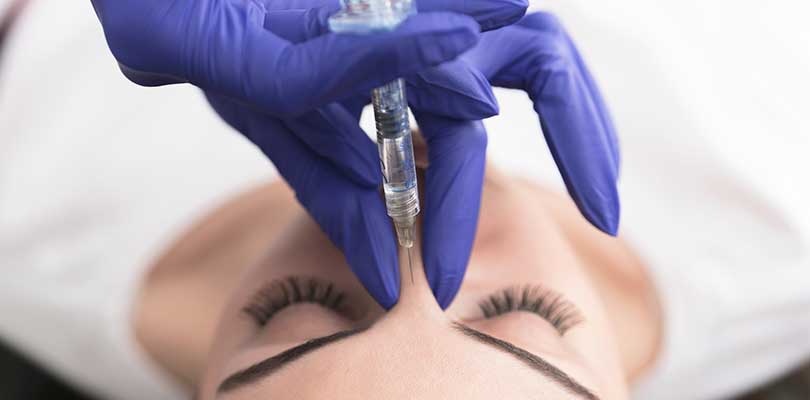What Is a Colonoscopy?
A colonoscopy is a type of medical exam which is used to investigate the large bowel. It can be used to check for a number of different conditions including:
- Polyps
- Ulcers
- Crohn’s disease
- Ulcerative colitis
- Diverticular disease
- Bowel cancer
You may be offered a colonoscopy if you are suffering from bowel symptoms, or as part of a routine screening for bowel cancer.
A colonoscopy involves having a thin, flexible tube with a camera attached inserted through your back passage into your large bowel. This tube is called a colonoscope. It allows your physician to view the inside of your bowel and check for any issues such as inflammation or polyps.
Polyps are small growths on the bowel wall which can develop into cancer if left untreated. If any polyps are found during your colostomy, these will be removed using a small wire loop. Your physician may also take tissue samples (biopsies) if necessary.
Preparing for a Colonoscopy
It is very important that your bowel is completely clear before your colonoscopy.
For a couple of days before your colonoscopy, you will be asked to eat a low fiber diet. This means cutting out fruit and vegetables, beans and pulses, wholemeal bread and other whole grain cereals. You will also need to stick to clear fluids such as water, cordial or black tea/coffee.
There are also certain medications that you may need to stop taking before a colonoscopy. These include iron and blood thinners such as aspirin or warfarin. If you take any medication, talk to your physician about whether you should stop taking it before your colonoscopy.
On the day before your colonoscopy, you will need to take a strong laxative to empty your bowel. This works almost immediately, so make sure that you are close to a bathroom when you take it. You may need to use the bathroom multiple times after taking the laxative, so it is a good idea to take the day off from work and stay at home.
You will have an opportunity to discuss the preparations and any concerns you may have when you book your colonoscopy appointment.
What to Expect During a Colonoscopy
A colonoscopy is generally performed as a day procedure in the outpatient department of the hospital. When you arrive, you will be asked to put on a hospital gown and offered a sedative. The sedative is to make you more relaxed and comfortable during the colonoscopy.
You will be asked to lie on your side and draw your knees up to your chest so that your physician can insert the colonoscope. They will then pump in a small amount of gas to inflate your bowel. This might cause you to pass wind, but don’t worry, this is perfectly normal.
Your physician will then check your bowel, taking pictures of any abnormal areas, removing any polyps and taking biopsies. The whole procedure can take anywhere between 30 minutes and an hour.
If you're experiencing sudden chest pain, it's best to know the signs of a heart attack so you can act quickly to save your life.
What to Expect After a Colonoscopy
Once your colonoscopy is finished, you will be asked to stay in the hospital for a couple of hours. Your physician may discuss your results with you during this time or ask you to book a follow-up appointment.
If you have had a sedative, you will probably feel tired and groggy for the rest of the day. Have somebody with you to drive you home, and if possible stay with you for the next 12 hours.
During this time you should not drive, operate machinery, drink alcohol or make any important decisions. The following day, you can resume your regular diet and activities.
For the next day or two, you may experience symptoms including:
- Nausea
- Abdominal pain
- Bloating
- Bloody stools
Although colonoscopies are generally very safe, in some rare cases the bowel can be damaged during the procedure. If you experience continued bleeding, pain that gets worse over time, weakness or fever, you should contact your physician.
If you have had polyps removed, this can increase your risk of bleeding if you fly during the few weeks following your colonoscopy. It is, therefore, best to avoid booking any flights during this period.
What Do Your Colonoscopy Results Mean?
Colonoscopies are generally a very accurate way of detecting problems in the bowel, but they are not perfect. Sometimes the bowel may not be fully clear, or there may be a blockage preventing the colonoscope from reaching the end of the bowel. If this happens, you may be asked to return for follow-up tests such as a CT scan, x-ray or barium enema.
Your physician should let you know after your colonoscopy whether they found and removed any polyps. Any biopsy results will take a few weeks to be processed.
Your colonoscopy results may be classified as normal, polyps detected, or cancer detected.
If polyps are detected, you will be told whether you are at low, medium or high risk of developing cancer. You will be asked to return for further screening between one and three years later.
If cancer is detected, you will be immediately referred for treatment. Bowel cancer is very treatable as long as it is detected early enough. It is important to begin treatment as soon as possible as this will increase your chances of survival.
Do You Need a Colonoscopy?
Colonoscopies are often offered to people between the ages of 50 and 75 as part of their routine bowel cancer screening. You should also ask your physician to investigate if you have been suffering from any of the following symptoms for three weeks or more:
- Bloody stools (this may appear either red or black)
- Loose stools
- Changes in bowel habits
- Abdominal lumps
- Abdominal bloating, swelling or pain
- Unexplained tiredness or weight loss
These symptoms could be harmless, but they could also point to serious diseases such as bowel cancer. If you are referred for a colonoscopy, then it is important that you go. Although having a colonoscopy can be inconvenient and uncomfortable, it might just save your life.







